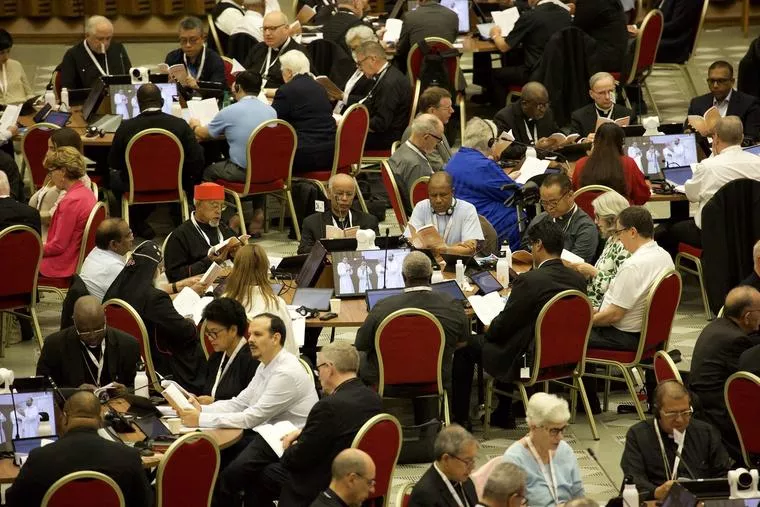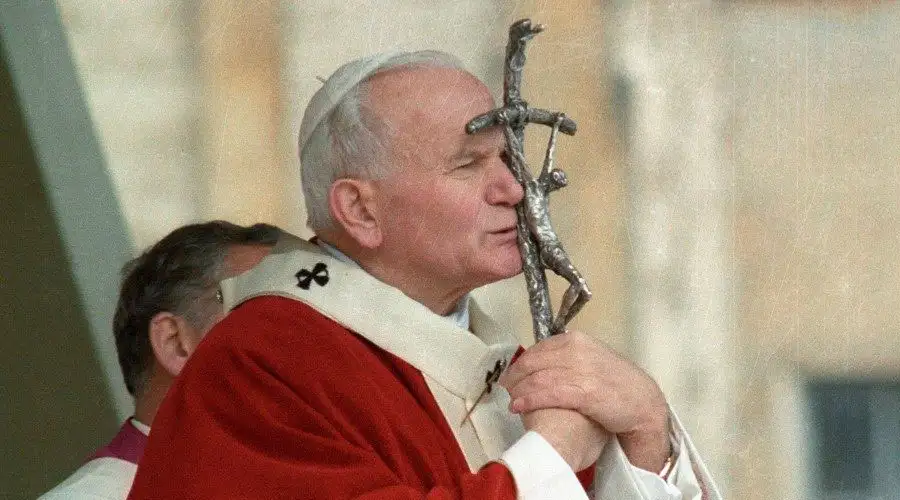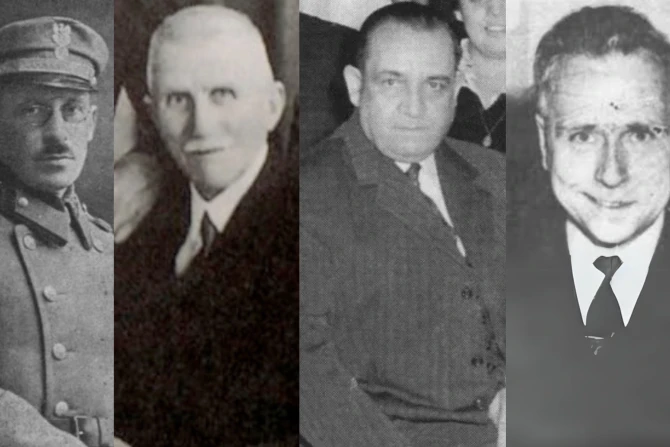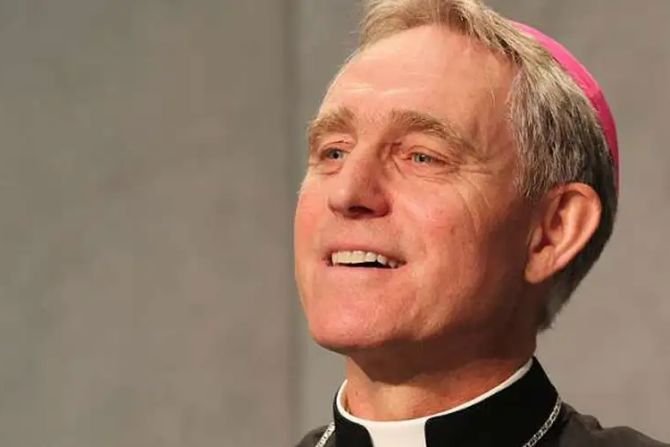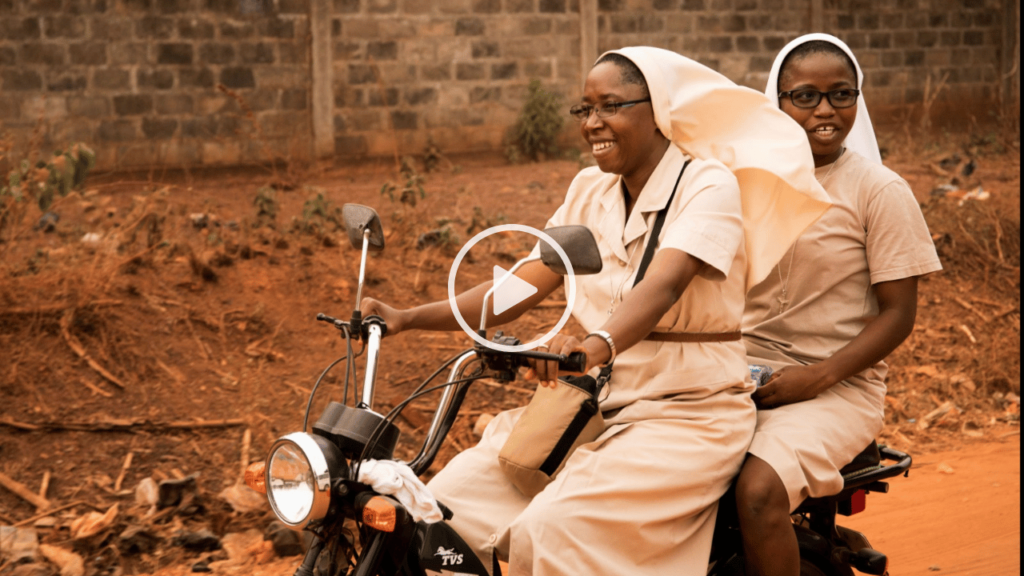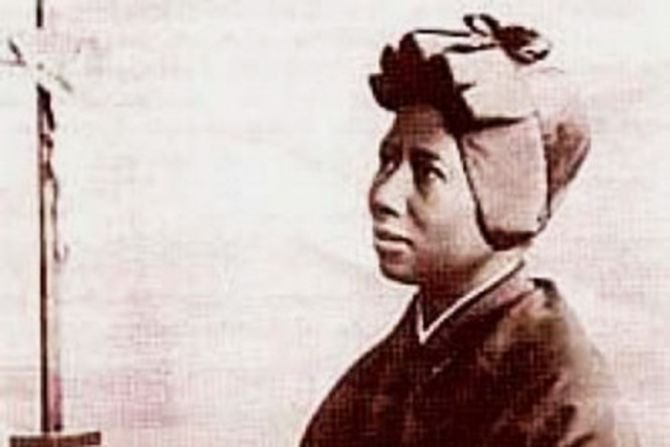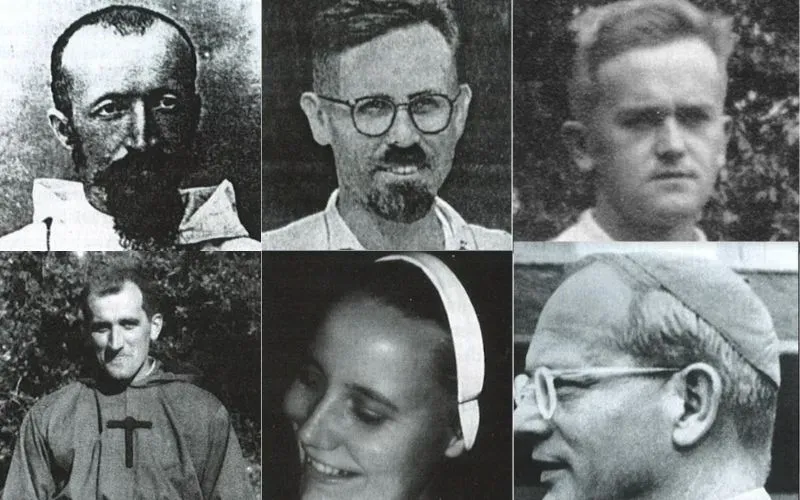VATICAN CITY — As well as withholding the names of who is seated in which small groups, the Vatican is also declining to share with journalists the complete list of those who will be drafting the final synthesis report that will bring together all the contributions of the small groups and the General Congregations.
Synod chief spokesman Paolo Ruffini told reporters on Oct. 11 that the main drafters, the Synod’s two special secretaries, are being assisted by synodal “experts” whom he called “sherpas” but added that “it makes no sense to give their names.”
Some synod participants as well as some members of the ordinary council — prelates who play an important role in assisting in the overall running of the synod — have also not been informed of precisely who is drafting the document, according to Register sources.
Ruffini told reporters it is “enough to know” the names of the 13 members of the synthesis report commission, announced Oct. 10, whose task, according to the synod statutes, “is not to write, but to periodically supervise, amend and approve the preparation of the draft of the report with a view to its presentation to the assembly.”
“The whole assembly will approve it, not just those who help to write it,” Ruffini said. “Due to the number of speeches that have been made, it is evident that to do a good job and to take into account the speeches made and the speeches delivered, you need a team to help take the whole thing into account.”
The summary report is a crucial document as it will aim to include a synthesis of all the discussions voted upon in the small groups.
Each round of discussion — or module — will be summarized and voted upon. These are then discussed in general congregations involving all the synod participants (though lack of time means in practical terms that only relatively few have the opportunity to share their views). A general congregation towards the end of the assembly will receive the full text of the summary report and participants will have a final chance to incorporate any amendments before its returned to the assembly for a final vote on the document.
According to the regolamento (synod rules), the summary report is not a “conclusive document” but rather “aims to regulate the next phase of the synodal process, which will lead to the October 2024 session, from the perspective of methodology, stages and themes.”
Special Secretaries Named
The assembly’s two “special secretaries” charged with preparing the document along with the assistance of synod experts are already known. They are Jesuit Father Giacomo Costa of Italy, who headed the “synthesizing task force” for the continental stage of the synod last year, and Msgr. Riccardo Battocchio, rector of the Almo Collegio Capranica and president of the Italian Theological Association.
Both priests have taken a public interest in the issue of homosexuality, which has been a topic of debate during this Synod.
Father Costa supported Italian anti-homophobia legislation in 2021 that was opposed by both the Italian bishops and the Vatican and ultimately failed to pass in the Italian Senate. Msgr. Battocchio spoke at a 2015 presentation of a book called Homosexual Love that aimed to open up discussion of the topic following its predominance at the 2014 Extraordinary Synod on the Family.
But just as crucial as the synod secretaries will be the expert “sherpas” who will help write it.
Cardinal Jean-Claude Hollerich, general relator of the Synod, said at the opening of the synodal assembly that the synodal “experts” will have the “demanding task of progressively synthesizing the fruits of the work of the Circuli Minori [small groups] and the General Congregations in view of the drafting of the synthesis report on which we will work in the concluding module.”
Probable Experts
The Register has learned that of the experts, two are expected to be principal authors: Anna Rowlands, associate professor of Catholic social thought and practice at the University of Durham, England, and a member of the Dicastery for Promoting Integral Human Development, and Father Eamon Conway, a priest of the Archdiocese of Tuam in Ireland and currently professor of Integral Human Development and Systematic Theology at Notre Dame University in Australia.
Rowlands, who delivered a theological reflection to the Synod on Oct. 9 on the theme “Communion: The Wedding Feast of the Lamb,” is the St. Hilda Professor of Catholic Social Thought and Practice, in Durham’s Department of Theology and Religion, and a member of the University’s Centre for Catholic Studies.
She is spending two years working with the General Secretariat of the Synod, and the Vatican Dicastery for Promoting Integral Human Development.
Her role has included working closely with the team managing the global synodal process and last year she played a key role in working with Father Costa in drafting the continental stage report, in which she stressed the importance of giving more leadership roles in the Church to women, arguing that that was frequently stressed in the reports they had received.
Her university says her role at the Dicastery for Promoting Integral Human Development is to “support the core research work of the Holy See department that speaks on matters of politics, economics, climate and migration.”
Rowlands is a close ally of Austen Ivereigh, a Synod facilitator, and has similar progressive leanings to him, frequently reposting his social media posts along with others who have likeminded political and religious outlooks. On Oct. 16, the Vatican announced that Rowlands would be receiving a Joseph Ratzinger-Benedict XVI Vatican Foundation Expanded Reason Award for a paper she gave entitled: “Towards a Politics of Communion Catholic Social Teaching in Dark Times.”
Last year, Thierry Bonaventura, spokesman of the Synod Secretariat, told the Register that Rowlands and Ivereigh were chosen to participate in the synodal process simply for their skills in communication but their influence within the organization of the Synod has grown in the months since.
Father Conway has written and edited several books and served on a number of Irish government advisory bodies including the Information Society Commission and the advisory Panel of the Irish National Economic and Social Development Learning Office.
In 2012 Pope Benedict appointed him as an expert advisor to the Synod on the New Evangelization. Since 2011, Father Conway has been chairman of the Peter Hünermann Foundation for the Advancement of Catholic Theology in Europe. In 2014 he was appointed to an expert panel of the Holy See’s Agency for promoting quality assurance in pontifical universities and ecclesiastical faculties for a five-year period, and in 2015 he was appointed to the Theology Committee of the Irish Bishops’ Conference.
His research interests include the works of Karl Rahner and Hans Urs von Balthasar; faith and culture, especially the interface between culture, technology and religion. In recent years he has been at the forefront of researching and advocating for the distinctiveness of Catholic Education and is co-founder of the international Global Researchers Advancing Catholic Education (G.R.A.C.E.) Project.
Synthesis Commission
Once the document is written, it will be passed to members of the synthesis report commission, which include Cardinal Hollerich; Cardinal Mario Grech, secretary general of the Synod secretariat; Cardinal Fridolin Ambongo Besungu of Kinshasa, Congo; Cardinal Gerald LaCroix of Quebec; Cardinal George Marengo, apostolic prefect of Ulaanbaatar, Mongolia, and Bishop Shane Mackinlay of Sandhurst, Australia.
Earlier this month, Cardinal Besungu, who is president of the Symposium of Episcopal Conferences of Africa and Madagascar, said the outcome of the Synod would be “the will of God” and that “the Lord himself through collective discernment will tell us” if same-sex blessings should be allowed, while Bishop Mackinlay has said he is in favor of ordaining women as deacons.
This article was originally published on NCR.

